New NCI director to address Annual Meeting, discuss Biden Cancer Moonshot
//
Estimated Read Time:
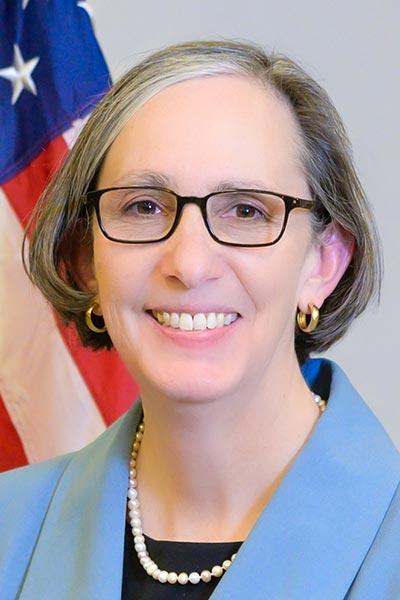
The newly appointed leader of the National Cancer Institute (NCI) and other representatives from the National Institutes of Health (NIH) will be sharing updates and insights during the American Association for Cancer Research Annual Meeting 2024.
NCI Director W. Kimryn Rathmell, MD, PhD, will address the Annual Meeting on Monday, April 8, from 2:15 – 3:15 p.m. PT in Ballroom 6 A on the upper level of the San Diego Convention Center. The address—Rathmell’s first at the AACR Annual Meeting since being appointed as NCI director late last year—will be followed by a fireside chat with AACR President Philip D. Greenberg, MD, FAACR.
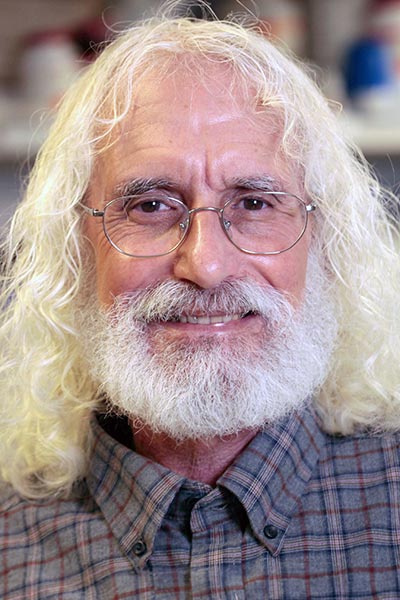
“Her enthusiasm for innovative scientific methods and ideas, as well as her appreciation for the value and importance of basic research to advancing translational discoveries, should allow NCI to continue leading the way in programs aimed at preventing disease, improving health, and reducing suffering from cancer, while also helping to maintain America’s edge in the life sciences,” Greenberg said of Rathmell, a kidney cancer expert who previously served as a physician-scientist and leader of the Department of Medicine at Vanderbilt University Medical Center.
On Tuesday, April 9, Rathmell will join a representative from the White House and other panelists to discuss the latest on President Joe Biden’s Cancer Moonshot initiative. This major symposium, The Cancer Moonshot: Opportunities to Fulfill the Vision of the National Cancer Plan, will be held from 2:30 – 4 p.m. PT in Room 1 on the upper level of the convention center.
The Cancer Moonshot aims to dramatically accelerate progress against cancer—reducing death rates by half within 25 years—by mobilizing resources and forging partnerships across U.S. government agencies, scientific institutions, and private companies. The Annual Meeting session, which is dedicated to the memory of the late U.S. Sen. Dianne Feinstein, will feature updates on the NCI’s roadmap for accomplishing the Moonshot’s goals, the National Cancer Plan, and a discussion on the need for Congress to continue robust investments in the NCI and NIH.
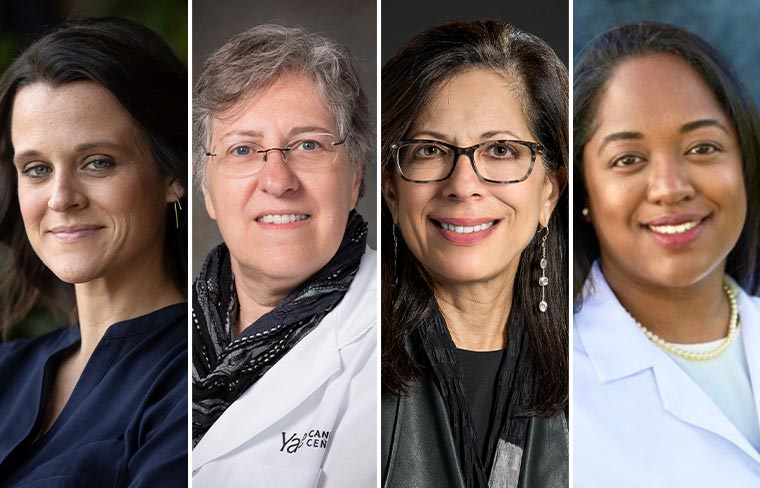
In addition to Rathmell, a panel moderated by Roy S. Herbst, MD, PhD, chair of the AACR Science Policy and Government Affairs Committee, will also include:
- Danielle Carnival, PhD, deputy assistant to the President for the Cancer Moonshot;
- AACR President-Elect Patricia M. LoRusso, DO, PhD (hc), FAACR, Yale Cancer Center;
- Elizabeth M. Jaffee, MD, FAACR, Sidney Kimmel Comprehensive Cancer Center; and
- Bianca N. Islam, MD, PhD, MSc, Case Western Reserve University School of Medicine.
Additional insights about federal efforts to prevent and cure cancer can be found in sessions throughout the Annual Meeting, including a special track of NCI-NIH sponsored sessions. Discover more about these sessions below, and refer to the Annual Meeting app and online program planner for the most up-to-date details. Recordings of all sessions will be available on-demand via the Virtual Meeting Platform through July 10.
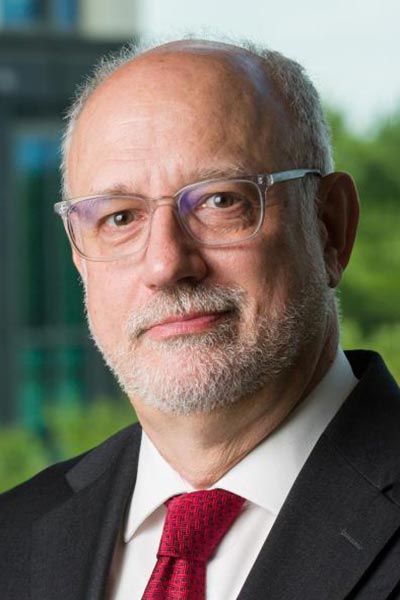
NIH01: Year of Open Science: Impact of the Cancer Research Data Commons (CRDC)
Sunday, April 7, 1 – 2 p.m. PT
Room 2, Upper Level, Convention Center
Moderator: Anthony R. Kerlavage, PhD, National Cancer Institute
In 2023, the White House announced the “Year of Open Science” with the goal of advancing national open science policy, providing access to the results of the nation’s taxpayer-supported research, accelerating discovery and innovation, promoting public trust, and driving more equitable outcomes. This coincides with the 10th anniversary of the development of the NCI’s Cancer Research Data Commons (CRDC), a cloud-based data science infrastructure that has made significant progress in providing access to data and tools, training, and outreach to support the cancer research community. This session will celebrate a decade of the CRDC and provide an overview of the history and the impact of the CRDC on open science, as well as future plans to further promote data sharing, data accessibility, reuse, and interoperability.
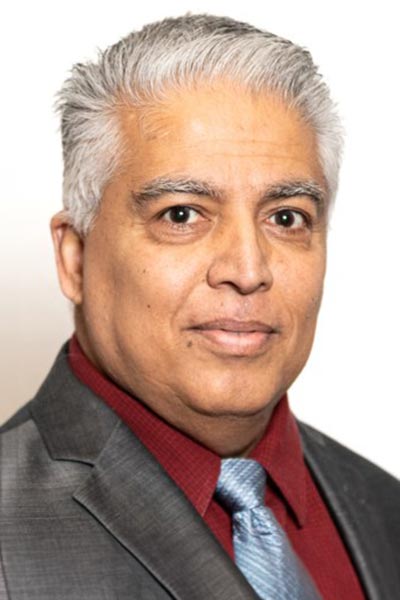
NIH02: Early-Onset Cancers from Etiology to Survivorship: Funding Opportunities, Resources, and Future Research Needs
Sunday, April 7, 2:30 – 3:30 p.m. PT
Room 2, Upper Level, Convention Center
Moderator: Asad Umar, DVM, PhD, NCI-Division of Cancer Prevention
The incidence of sporadic early-onset (EO) cancers (adults diagnosed before 50 years of age) is on the rise. This increase varies by cancer sites, sex, and race/ethnicity, and factors responsible for this rise are unclear and may not be driven by increased screening. This NCI-sponsored session, with representation across the DOCs, will provide a brief overview of the scientific problem; highlight relevant NCI’s notice of funding research opportunities, activities, and resources; and outline research gaps in etiology, prevention, and survivorship. The objectives of the session include (i) sharing knowledge and programmatic information and (ii) identifying research/resource needs to address the alarming pattern of EO cancers.
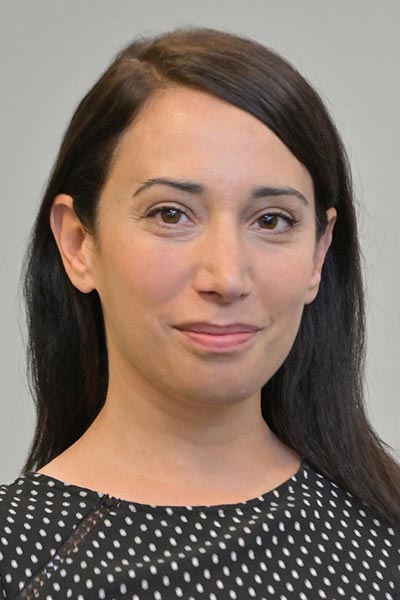
NIH03: Cancer Health Disparities Research Collaborations Across CRCHD and DCB
Sunday, April 7, 4 – 5 p.m. PT
Room 2, Upper Level, Convention Center
Moderator: Natalia Mercer, PhD, National Cancer Institute
The NCI’s Center to Reduce Cancer Health Disparities (CRCHD) and Division of Cancer Biology (DCB) have long-standing collaborations in fostering cancer health disparities research, or the adverse differences among certain population groups in cancer measures. These population groups may be characterized by gender, age, race, ethnicity, ancestry, gender and sexual identity, education, income, social class, disability, geographic location, or other characteristics. The contributors of cancer disparities are multifactorial and complex with direct influence by structural inequalities and societal injustices. This critical area of scientific intersectionality requires a solid basic cancer biology research foundation. Together, CRCHD and DCB are uniquely poised to support multidisciplinary basic research on CHD.

NIH04: NCI Funding Opportunities in Cancer Prevention and Interception
Monday, April 8, 10:15 – 11:15 a.m. PT
Room 2, Upper Level, Convention Center
Moderator: Robert H. Shoemaker, PhD, National Cancer Institute
This session will provide a detailed overview of NCI funding opportunities aimed at addressing existing gaps and challenges in cancer prevention and interception agent development: the Discovery and Development of Natural Products for Cancer Interception and Prevention Program (DDNP-CIP), The Cancer Immunoprevention Network (CIP-Net), and PREVENT.
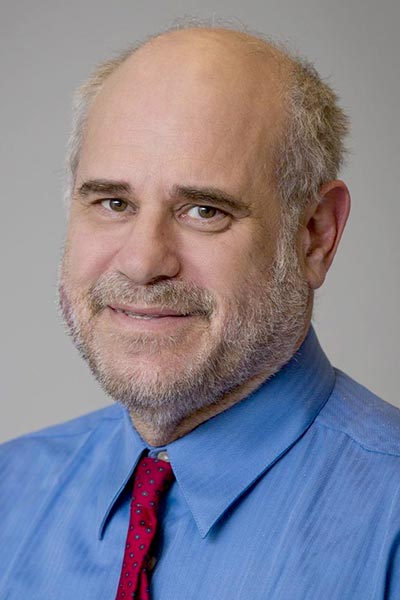
NIH05: Review and Funding of Foundational Cancer Biology Research at NIH & NCI
Monday, April 8, 12 – 1 p.m. PT
Room 2, Upper Level, Convention Center
Moderator: Daniel L. Gallahan, PhD, National Cancer Institute
In this session, NCI and NIH Center for Scientific Review (CSR) staff will provide an interactive session to update basic and translational researchers on current policies and funding opportunities in foundational cancer biology research. This session provides an opportunity for early-stage and established investigators to interact directly with NCI and CSR staff. Significant time will be conserved for questions from the audience. Additionally, NCI program staff will be in attendance to speak with participants after the session to answer further questions.
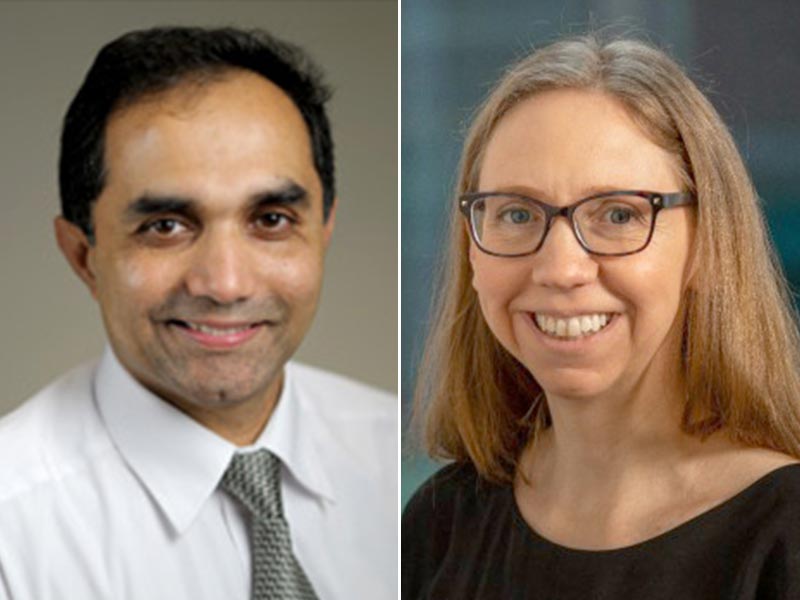
NIH06: NCI Funding Opportunities and Grant Writing Strategies for New and Early-Stage Investigators
Monday, April 8, 1:30 – 2:30 p.m. PT
Room 2, Upper Level, Convention Center
Moderator: Sundar Venkatachalam, PhD, National Cancer Institute
Moderator: Morgan O’Hayre, PhD, National Institutes of Health
New and early-stage investigators are indispensable for the continuous and sustained advances aimed at finding better cures for cancer. However, attaining the first NIH grant award is usually an uphill task for new investigators. The purpose of this NCI-sponsored session is to provide new and early-stage investigators with grant information and strategies to help them develop more competitive NIH applications. Program staff from the Developmental Therapeutics Program/Division of Cancer Treatment and Diagnosis will provide an overview of grant mechanisms, funding opportunities, resources for new applicants, grant writing strategies, requests for guidance from program staff, information on the recently updated changes to the peer review process, and research resources available to investigators. The target audience for this session will be new and early-stage investigators who are interested in applying for NIH/NCI grants.
LE02: NCI Director’s Address and Fireside Chat
Monday, April 8, 2:15 – 3:15 p.m. PT
Ballroom 6 A, Upper Level, Convention Center
Moderator: Philip D. Greenberg, MD, FAACR, Fred Hutchinson Cancer Center
W. Kimryn Rathmell, MD, PhD, will address the AACR Annual Meeting for the first time as the 17th director of the National Cancer Institute. Rathmell began her role at the NCI at the end of 2023 and leads the agency as it continues to pursue the goals of President Biden’s Cancer Moonshot initiative: to end cancer as we know it. The director’s address will be followed by a fireside chat with AACR President Philip D. Greenberg, MD, FAACR.

NIH07: From Lab to Market: Funding and Transition Support for Early-Stage Oncology Startups from National Cancer Institute
Monday, April 8, 4 – 5 p.m. PT
Room 2, Upper Level, Convention Center
Moderator: Monique Pond, PhD, National Cancer Institute
The National Cancer Institute (NCI) Small Business Innovation Research (SBIR) Development Center supports early-stage small businesses developing innovative technologies to address cancer. The center provides small businesses with funding, entrepreneurial training, and access to investor networks during the pre-clinical and clinical stages of product/technology development. The goal is to help entrepreneurs advance their cancer discoveries into commercially viable products that can make a real difference in the lives of cancer patients and help all people live longer, healthier lives. In this panel session, attendees will learn about the various funding opportunities and resources available to small businesses through the NCI SBIR Development Center. SBIR awardee companies will also discuss their experiences with the application process and how SBIR programs enabled them to further develop their technologies for commercialization. This session is for scientist-entrepreneurs or those potentially interested in bringing their ideas from lab to market.
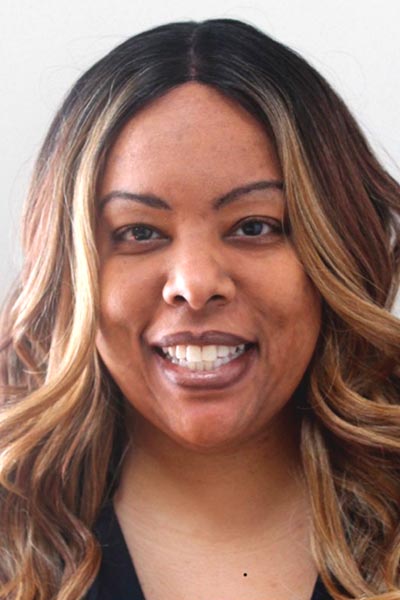
NIH08: NCI Network: Participant Engagement and Cancer Genome Sequencing (PE-CGS) Community Health Educator Supplement Program
Tuesday, April 9, 10:15 – 11:15 a.m. PT
Room 2, Upper Level, Convention Center
Moderator: LeeAnn O. Bailey, PhD, MBBS, NCI Center to Reduce Cancer Health Disparities
The NCI launched the Participant Engagement and Cancer Genome Sequencing (PE-CGS) Network to promote and support research on direct participant engagement approaches and to use such approaches to address knowledge gaps in the genomic characterizations of tumors in areas including racial/ethnic (R/E) minority and other underserved populations. To enhance genetic education and research participation among R/E diverse populations in the PE-CGS network, NCI launched the Community Health Educator supplement program to support utilization of community liaisons, e.g., community health educators (CHE) and lay health advisors (LHA), to implement culturally tailored genetic education interventions, increase genetic counseling and risk assessment participation among R/E populations, and increase participation in genetic research. This session will include a panel of investigators that will provide an overview of the strategies, challenges, and lessons learned that may be applied to the broader research community to support genetics research and clinical implementation genetic testing in underrepresented communities.
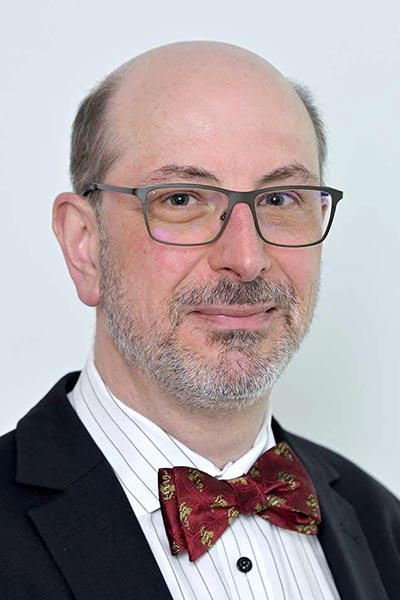
NIH09: Intramural and Extramural Training and Career Development Awards and Opportunities
Tuesday, April 9, 12:30 – 1:30 p.m. PT
Room 2, Upper Level, Convention Center
Moderator: Oliver Bogler, PhD, National Cancer Institute
The NCI’s Center for Cancer Training (CCT) is committed to supporting the next generation of cancer researchers. While NCI is primarily known for funding cancer research across the nation, there are also numerous fellowships available to conduct basic, clinical, or genomic and population-based research at one of the three NCI campuses in Maryland. This session will present information about training opportunities as well as career exploration and professional development resources provided to fellows within the intramural research program. For those training at extramural institutions, there are funding opportunities for postdocs and early-stage investigators that will help with the transition to independence. Following this broad overview of opportunities, the remaining time will be spent answering questions from the audience.
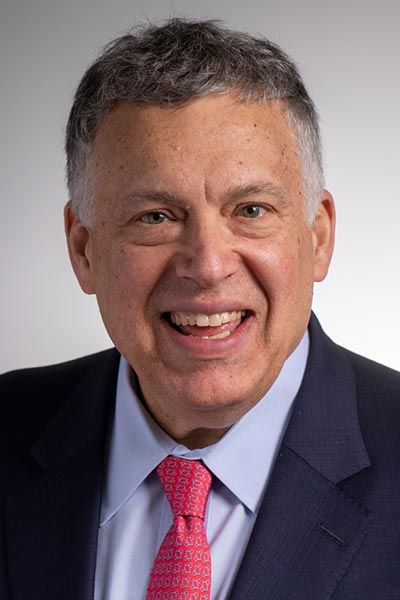
DC14: The Cancer Moonshot: Opportunities to Fulfill the Vision of the National Cancer Plan – Dedicated to the Memory of Senator Dianne Feinstein
Tuesday, April 9, 2:30 – 4 p.m. PT
Room 1, Upper Level, Convention Center
Moderator: Roy S. Herbst, MD, PhD, Yale Cancer Center
This session will provide an opportunity for NCI leadership to discuss recent breakthroughs in cancer science and the promise of the National Cancer Plan, which aims to advance research and intervention strategies to improve cancer prevention, detection, and treatment, and to reduce cancer inequities. This will be followed by a discussion by several leaders in the field about the enormous opportunities in cancer research and, with the NIH budget stagnant for the first time in eight years, the need for a concerted effort to inform Congress about the importance of continuing robust investments in NIH and NCI.
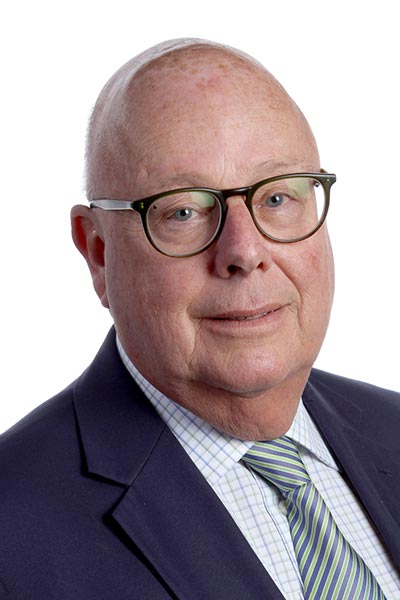
NIH10: NCI’s Childhood Cancer Data Initiative: Building on the Power of Data and Community
Tuesday, April 9, 2:30 – 3:30 p.m. PT
Room 2, Upper Level, Convention Center
Moderator: Gregory Reaman, MD, National Cancer Institute
This session will provide a broad overview of NCI Childhood Cancer Data Initiative (CCDI) activities, including updates on the Molecular Characterization Initiative and developing a framework for the CCDI Coordinated Pediatric and Young Adult Rare Cancer Initiative, information on connecting with CCDI Data Ecosystem resources, and using proteogenomic approaches in pediatric brain cancer treatment. The goal of this session is to engage the national and international childhood and adolescent and young adult (AYA) cancer community to advance the understanding of and, ultimately, improve therapies for children and AYAs with rare malignancies.
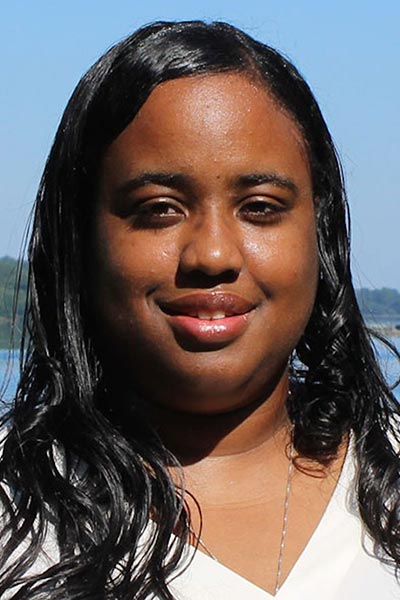
NIH11: NCI Division of Cancer Prevention Research Resources, Funding Opportunities, and Research Workforce Activities
Tuesday, April 9, 4 – 5 p.m. PT
Room 2, Upper Level, Convention Center
Moderator: Shanen M. Sherrer, PhD, National Cancer Institute
The NCI Division of Cancer Prevention (DCP) supports research across the full translational spectrum including basic research, preclinical studies, and clinical trials focused on safety, efficacy, and clinical utility. This session will share funding mechanisms and research resources that span signature programs within the Division and priority areas, including: 1) cancer early detection biomarker development and screening; 2) intervention development for cancer prevention; 3) precision cancer prevention; 4) symptom science and management; and 5) workforce development.
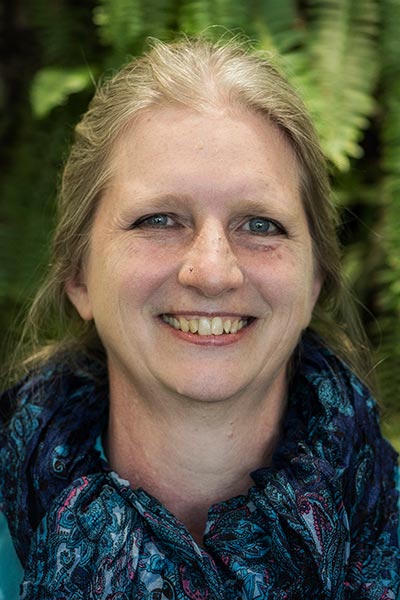
NIH12: NCI Artificial Intelligence (AI) Programs and Resources for Advancing Cancer Research
Wednesday, April 10, 10:15 – 11:15 a.m. PT
Room 2, Upper Level, Convention Center
Moderator: Jennifer Couch, PhD, National Cancer Institute
Rapid developments in artificial intelligence (AI) are opening up powerful new approaches to large scale data analysis that have the potential for a transformative impact across the continuum of cancer research. AI-based methods are driving advances in cancer classification, detection, diagnosis, treatment optimization, as well as mechanistic insight. In this session, attendees will learn about NCI funding opportunities, resources, and community activities that support the appropriate development and application of AI in cancer research.




